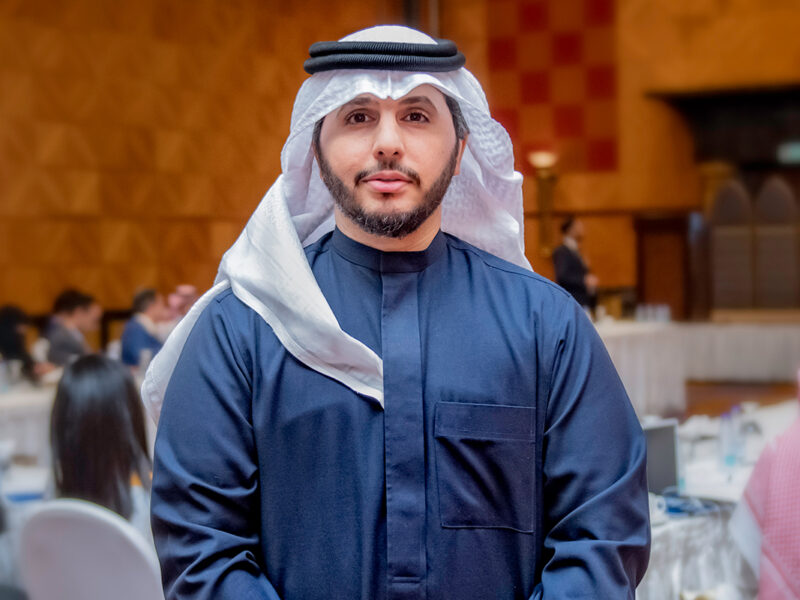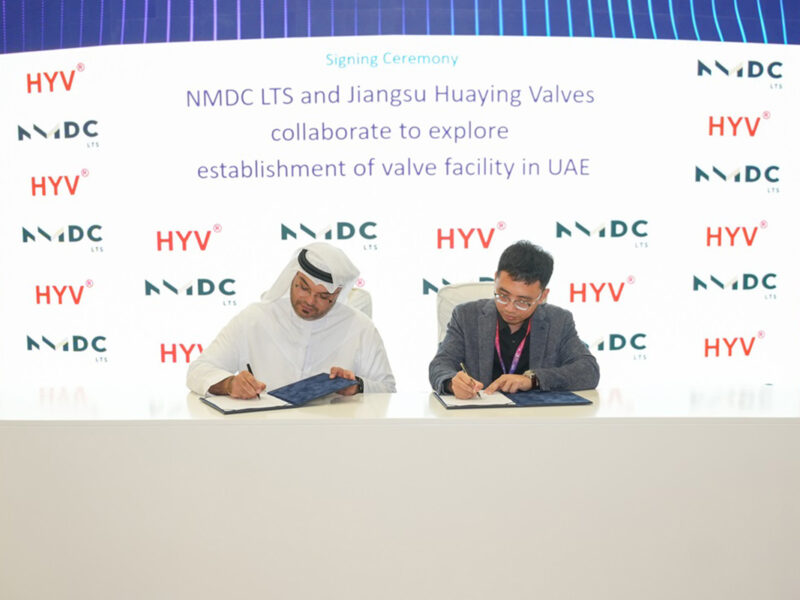Why transponder technology may be the key to the future|~|Erdmann,-Rainer—Managing-Director—SIMONS-VOSS—-(ITP-Bus-Pic)–200_2.jpg|~|Rainer Erdmann, the managing director of Simons Voss Technologies.|~|Technology has moved on a great deal over the last 150 years, but the way that most people lock their doors has not. Construction Week speaks to Rainer Erdmann, managing director of Simons Voss Technologies about how transponders are a convenient alternative to keys, while offering a range of additional applications.
What types of application can transponder technology be used for?
Transponders can be used to access cars, buildings, elevators, offices, recreational facilities, car parking etc. They can also be used for applications such as time attendance and billing within the workplace.
It is really one solution for all applications, and unlike smart cards and HID proximity cards, does not operate using a 220V power supply. This means it is not affected by power failures.
It also means that the system does not have to be wired up
to the power supply, which further reduces the installation costs. Instead of wiring, the system relies on a typical European mechanical lock with integrated electronics.
Does the system overcome the problem of lost keys?
That is actually one of the system’s great advantages. When a key is lost from a traditional system, the entire locking system has to be replaced or a new master key has to be ordered. A new master key costs somewhere in the region of EUR2000 to 3000 and it takes up to three or four weeks for the supplier to deliver the key, during which time security guards are needed 24 hours a day to ensure 100% security.
With a transponder, if you lose it, it can be blocked by the system in seconds and the user can be given a spare unit that is programmed with the relevant access privileges.
The same applies when new employees are recruited; they are issued with a transponder that can be programmed to
give them all the necessary access privileges within just a
couple of minutes.
What are the main advantages of having this type of technology at your disposal?
For commercial installations, it can be measured in terms of pay back time.
Take the Conference Palace Hotel in Abu Dhabi for example; that building has some 9000 doors and every year there are incidences where keys are lost, locks have to be changed and master keys have to be ordered.
If these costs are taken into account then the system pays for itself within two or three years. Plus, it provides better levels of security for the building and offers a range of applications that mechanical key or smart cards simply can’t fulfil.
For example, users can also access information about who enters their office. This means that if someone enters your office you can receive an SMS on your cell phone informing you who has just entered the room. Alternatively, if your door is open for more than five minutes, you can also receive an SMS.
For the home it is more of a matter of convenience. I don’t carry any keys; I just have two transponders. I have one for my car and the other for my entire environment — my office and my private home.
How do you gauge the pay back time?
It depends. Two and a half years is the norm in Europe — because the labour and material costs are greater — and in the Middle East the pay back period is roughly three years.
How popular are systems like this for office buildings and family homes?
We have diversified our market channels in this market and linked up with different partners in the region who focus on just one key market segment. For example, some concentrate on high-end home users or on apartment buildings, and others focus on facility operators and new building projects.
How has the transponder system been received here in the Middle East?
Since Simons Voss opened its offices in Dubai earlier this year, there has been an overwhelming response to transponder-controlled access systems. We have been involved in some major projects such as Dubai Islamic Bank, National Bank of Dubai, and an Abu Dhabi shopping mall and office tower right from the parking through to the seventeenth floor.
On the consumer level, people are much more aware of
the possibility of using a transponder instead of four or five keys, and of the range of different functions that the technology can perform.
Is the system better suited to new build installations?
Not really; it can easily be installed as a retrofit as well. The cylinders are a standard European size and can be fitted to
almost any door in just a couple of minutes. Programming the transponder can take a little bit longer, depending on the type of features you want the system to provide.
The main advantage is that no drilling or rewiring work is needed, which often requires a lot of time.
How important is it to make sure that architects specify access systems?
Architects in the Middle East are certainly becoming more aware of security and access issues, and are becoming more receptive to new technologies.
Architects are always interested in ideas that make life more convenient for the people that use the buildings they design, so they are naturally very interested in what transponder technology has to offer.
How popular is the technology in Europe?
In Europe, Simons Voss has been the market leader for about 10 years and has sold roughly 5 million cylinders, so
I think you can safely say that the technology is popular
in Europe.
The biggest facility the company has supplied is a hospital with 15 000 doors and 10 000 users.
One of the major advantages when it came to this partic-
ular installation was that the system operates on just 25khz, which is a very low frequency that doesn’t affect patients who have pacemakers.
What is your outlook for the next few years?
The technology we use for mechanical locks is now 150 years old. Keys are even older, so I definitely think that it is high time for a more convenient security system.
||**||








